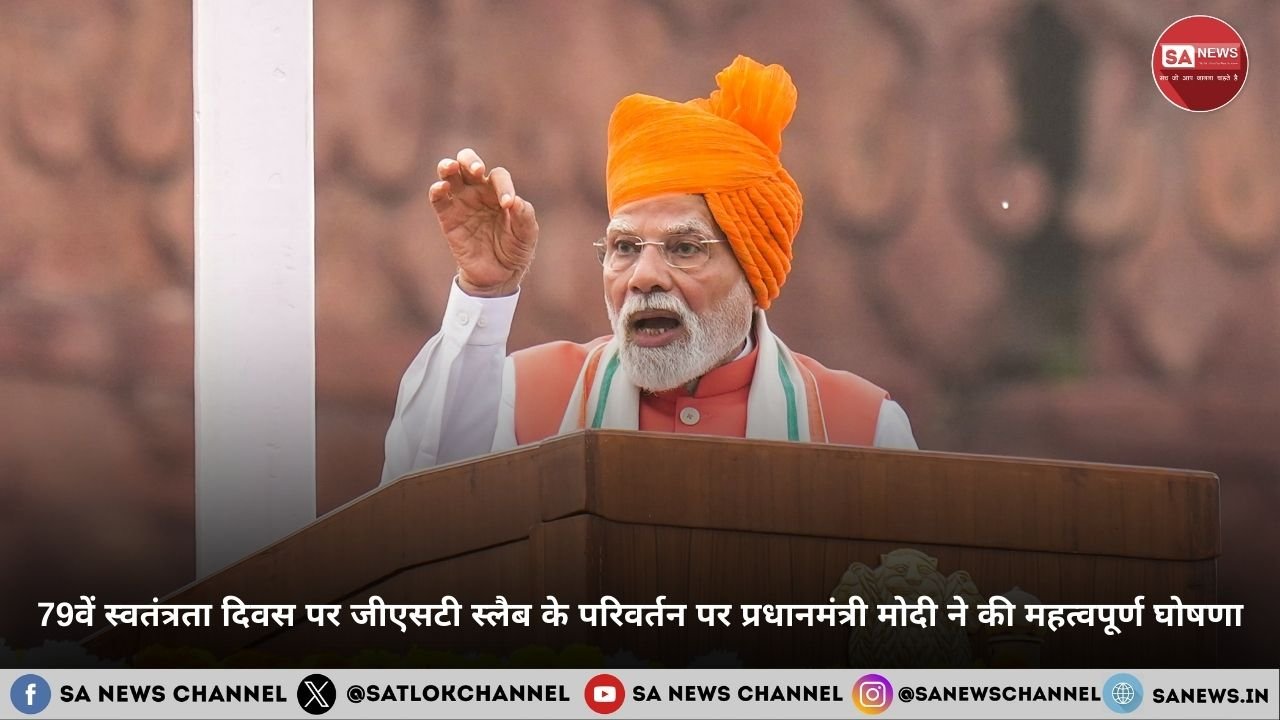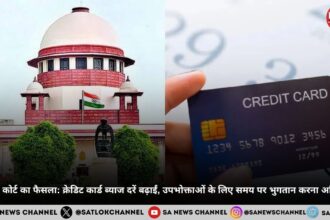The Union Cabinet, chaired by Prime Minister Narendra Modi, has officially approved the establishment of the 8th Pay Commission, marking a significant move to revise the salaries of central government employees and the allowances of pensioners. The decision was made during a Cabinet meeting held on Thursday, as announced by Union Minister Ashwini Vaishnaw.
This new pay commission aims to provide a comprehensive review and update of the existing salary structure, which will directly impact over 49 lakh central government employees and nearly 65 lakh pensioners. The government plans to appoint the chairman and two members of the commission shortly, with consultations to be held with central and state governments, along with other key stakeholders.
Prime Minister Modi’s Statement on the 8th Pay Commission
Prime Minister Narendra Modi expressed confidence that the formation of the 8th Pay Commission will lead to enhanced consumption and a better quality of life for government employees. In a message posted on X (formerly Twitter), the Prime Minister highlighted the importance of government employees in the nation’s development, noting, “We are all proud of the efforts of all government employees, who work to build a Viksit Bharat. The Cabinet’s decision on the 8th Pay Commission will improve quality of life and give a boost to consumption.”
Purpose of the Pay Commission
A pay commission is typically constituted by the central government every decade to revise the salary structure and define pension payments for its employees. The last such revision was conducted by the 7th Pay Commission, which began its term in 2016 and is set to conclude in 2026. Each pay commission is responsible for updating the salary and pension structure for central government employees, and also for setting its specific terms of reference (ToR) that define its focus areas.
Also Read: लागू हो सकता है 8वां वेतन आयोग (8th pay commission)
The 8th Pay Commission is expected to address salary revisions, allowances, and pension issues, ensuring that the compensation of government employees remains aligned with economic conditions and inflationary pressures.
Who is Covered by the Pay Commission?
The 7th Pay Commission covers central government employees, including individuals in civil services and those whose salaries are paid from the Consolidated Fund of India. However, employees of public sector undertakings (PSUs), autonomous bodies, and Gramin Dak Sevaks are excluded from the scope of this commission. For example, an employee of Coal India would not fall under the purview of the central government’s pay commission. These sectors have separate pay structures tailored to their specific requirements.
Key Changes Under the 7th Pay Commission
The 7th Pay Commission introduced several important changes to the pay and pension structure. While employee unions had initially demanded a higher fitment factor of 3.68, the government opted for a fitment factor of 2.57. This factor is a multiplier used to calculate the revised salaries and pensions.
As a result of these revisions:
- The minimum basic pay for central government employees increased from ₹7,000 (under the 6th Pay Commission) to ₹18,000 per month.
- The minimum pension also saw a significant rise, moving from ₹3,500 to ₹9,000.
- The maximum salary was raised to ₹2,50,000, while the maximum pension was increased to ₹1,25,000.
These changes aimed to provide better financial support to government employees and pensioners, while also reflecting the growing economic demands of the country.
Looking Ahead
The establishment of the 8th Pay Commission is set to usher in a new phase of salary and pension revisions for central government employees. This initiative not only aims to address the growing financial needs of employees but also contributes to economic growth by stimulating consumption. As the commission begins its work, it will play a pivotal role in shaping the future compensation structure for central government personnel, ensuring fairness, and fostering long-term prosperity.









